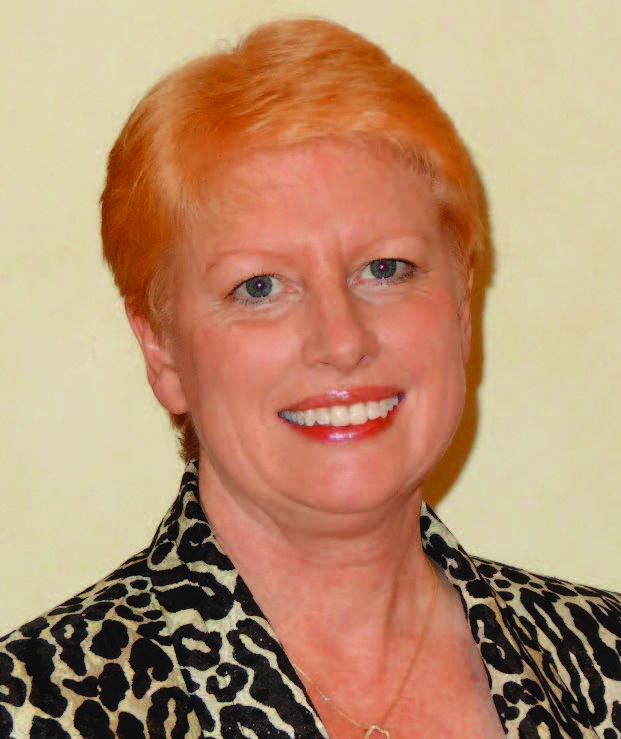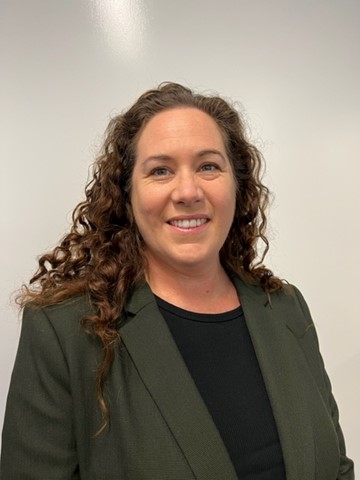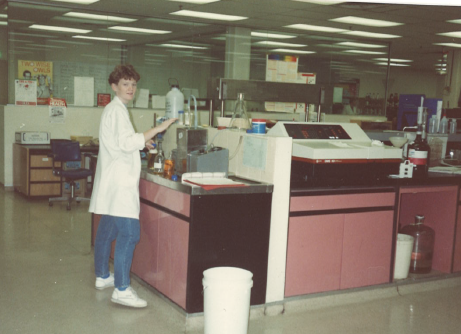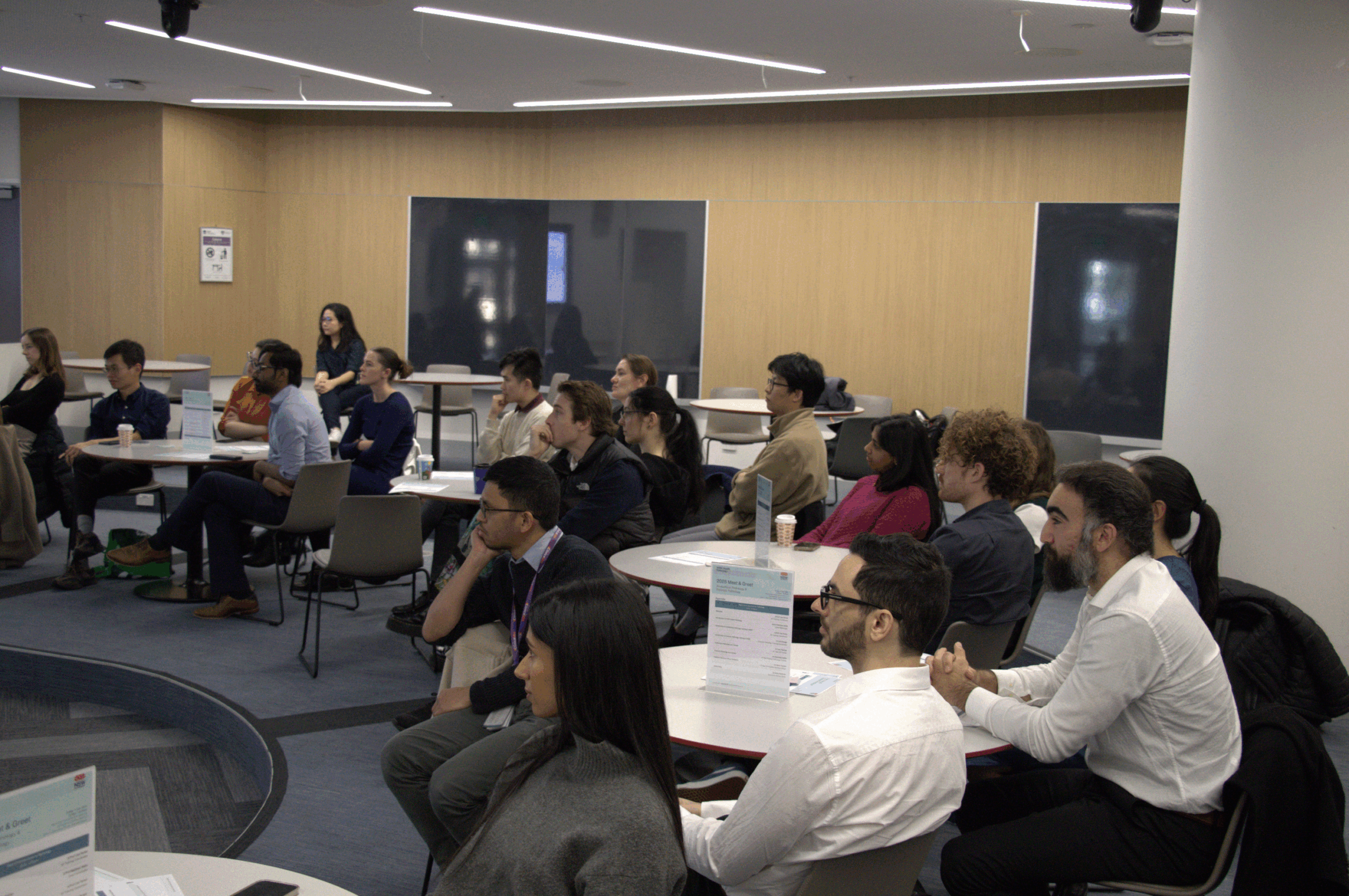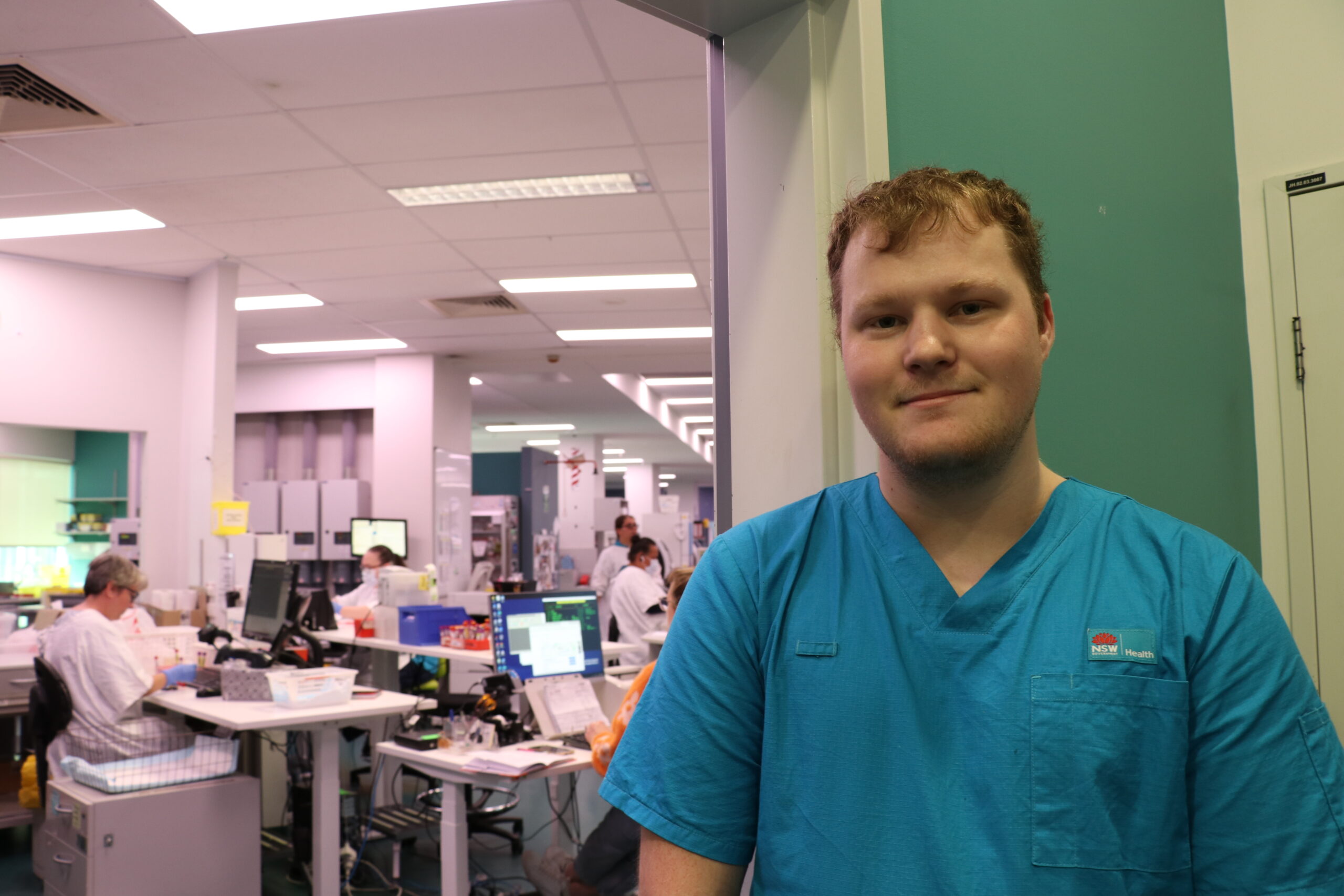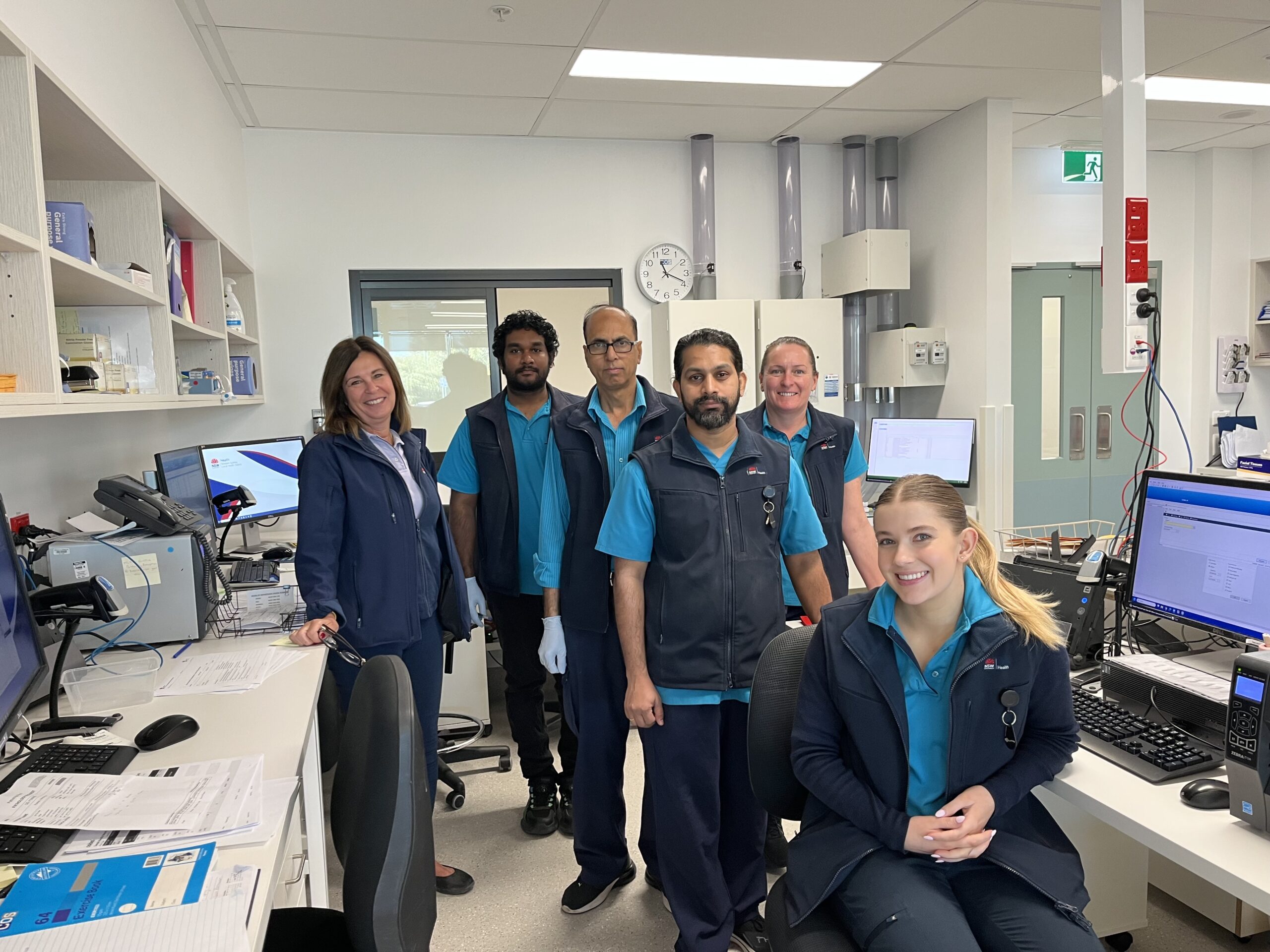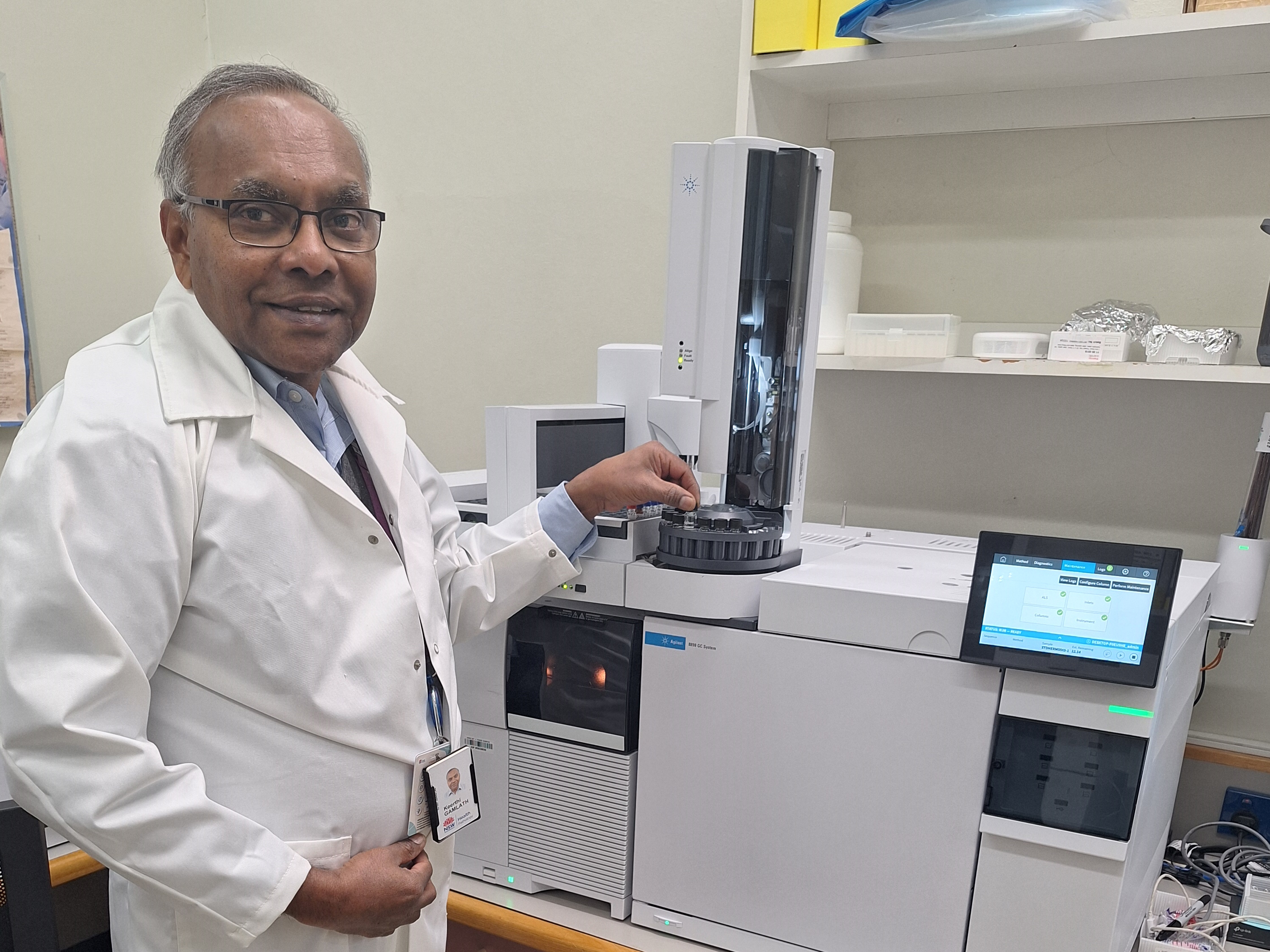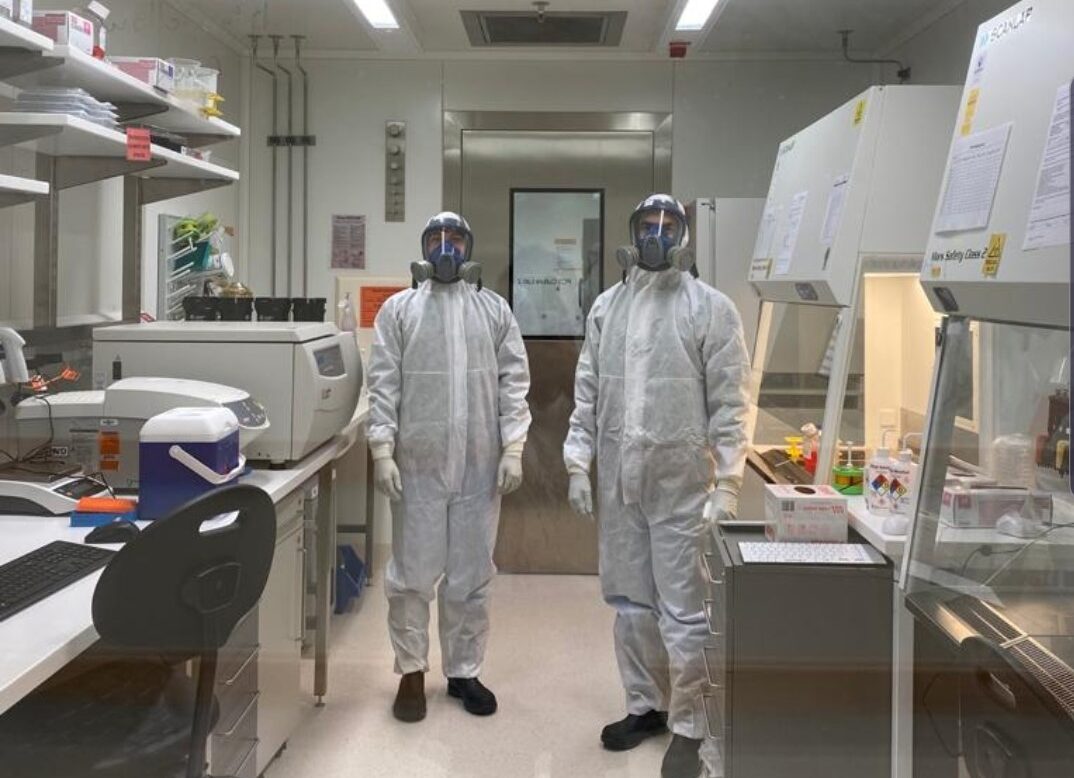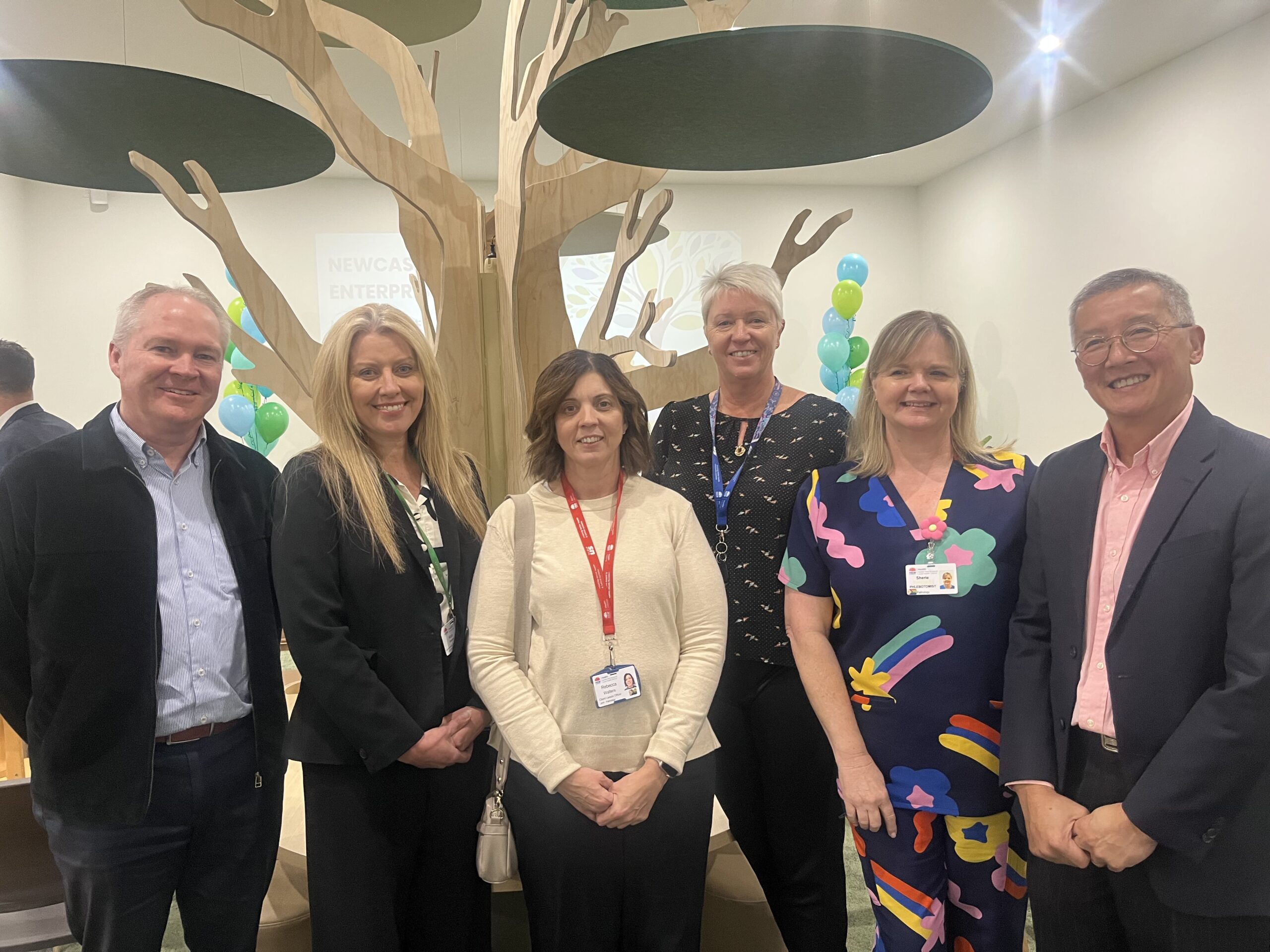In this story
Media Contact
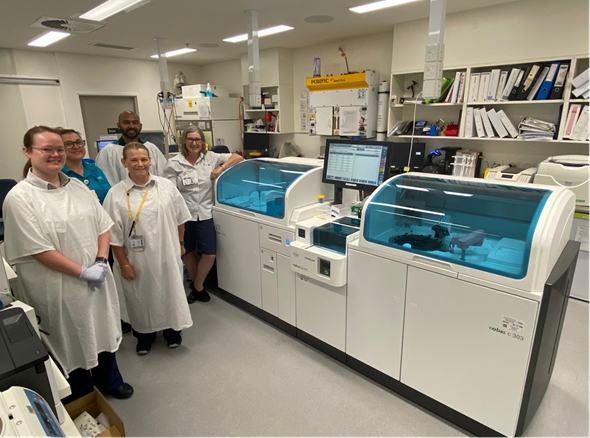
Today is International Pathology Day, a time to celebrate the invaluable contribution that our pathology and forensic and analytical sciences staff make to healthcare.
Did you know that almost 70% of medical decisions rely on pathology? Pathology plays an invaluable role in the detection, diagnosis and treatment of disease.
Staff working in our laboratories are critical to most aspects of clinical decision-making in hospitals and healthcare settings. Whether it’s a routine health screen, cancer diagnosis, or blood donation— patients depend on pathology and our people are here for you at every stage of life.
Having the latest technology to keep up with the growing demands for diagnostic technology is critical to ensuring patients get timely care.
NSW Health Pathology is investing more than $29 million to upgrade chemical pathology analysers across Sydney and regional NSW, bringing in new levels of automation and standardisation.
Local Pathology Director and Chemical Pathology Clinical Stream Lead Dr Margaret Janu said chemical pathology has one of the highest throughputs in pathology testing.
“It’s highly automated and underpins the critical and urgent testing of blood specimens. Automation is key to us being able to make best use of our people’s time and expertise, and this significant investment is already providing faster, more efficient services,” Dr Janu said.
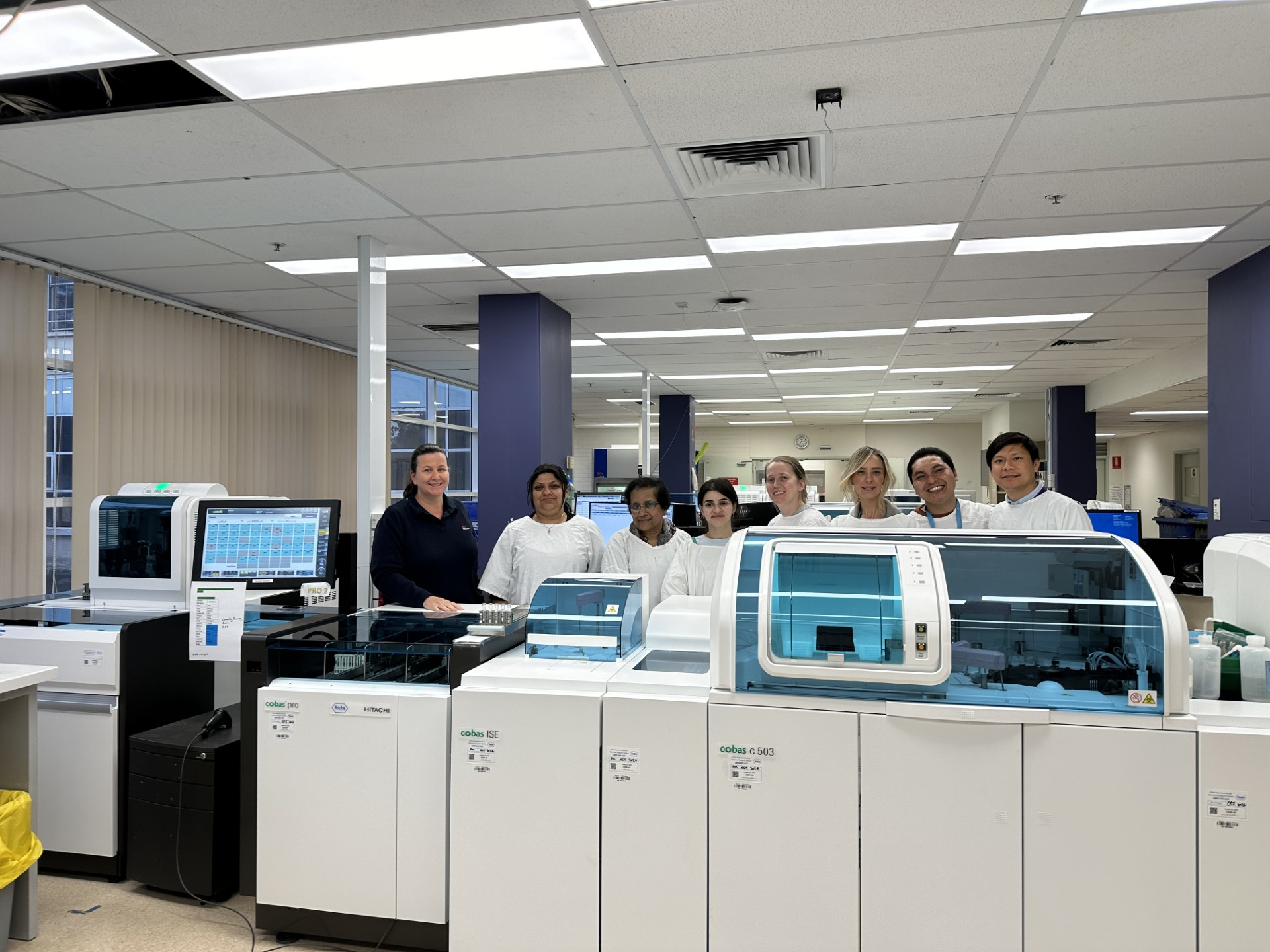
Marsha De Bono, Senior Hospital Scientist at Concord Hospital said the new equipment is already making a huge difference since it was installed earlier this year.
“The new equipment is enhancing the staff’s workflow in the laboratory and streamlining pathology testing, which are essential for detecting, diagnosing, and treating diseases. Our team at Concord has successfully adapted to the new workflows, enabling them to deliver a high standard of service to our patients,” Marsha said.
“The current equipment had reached its end of life, and replacing the high-volume chemistry and immunoassay testing equipment now will ensure we continue to deliver timely, reliable test results to the local community.”
Director of Clinical Transformation Professor Rob Lindeman said it’s one of the biggest equipment replacement projects NSW Health Pathology has ever undertaken.
“We’ve made great progress over the past 18 months,” he said.
“We have installed new chemical pathology analysers at Blue Mountains, Lithgow, Nepean, Bega, Moruya, Blacktown, Mount Druitt, Canterbury, Auburn, Goulburn, Queanbeyan, Cooma, Westmead, Wollongong, Tumut, Mudgee, Wagga Wagga, Young, Orange, Bathurst, Forbes, RPA, Concord, Walgett and Broken Hill.
“This week we go live at the brand-new laboratory at the Liverpool Health and Academic Precinct as well as Bourke. Looking ahead to the next six months, work is progressing with upgrades being planned at Deniliquin, Randwick and Dubbo,” Professor Lindeman said.
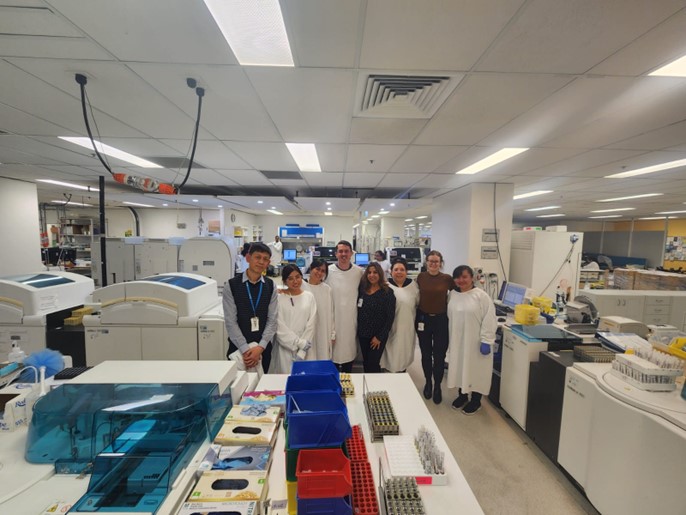
Thanks to the dedication, expertise and effort of everyone from our laboratories teams, Clinical Operations, ICT and Project Management teams who are working tirelessly on this important project.
Each lab has its own logistics and site-specific challenges and disruptions to overcome (such as referring specimens to other nearby labs for testing while equipment is installed), but it’s been a great team effort to date. Well done everyone!
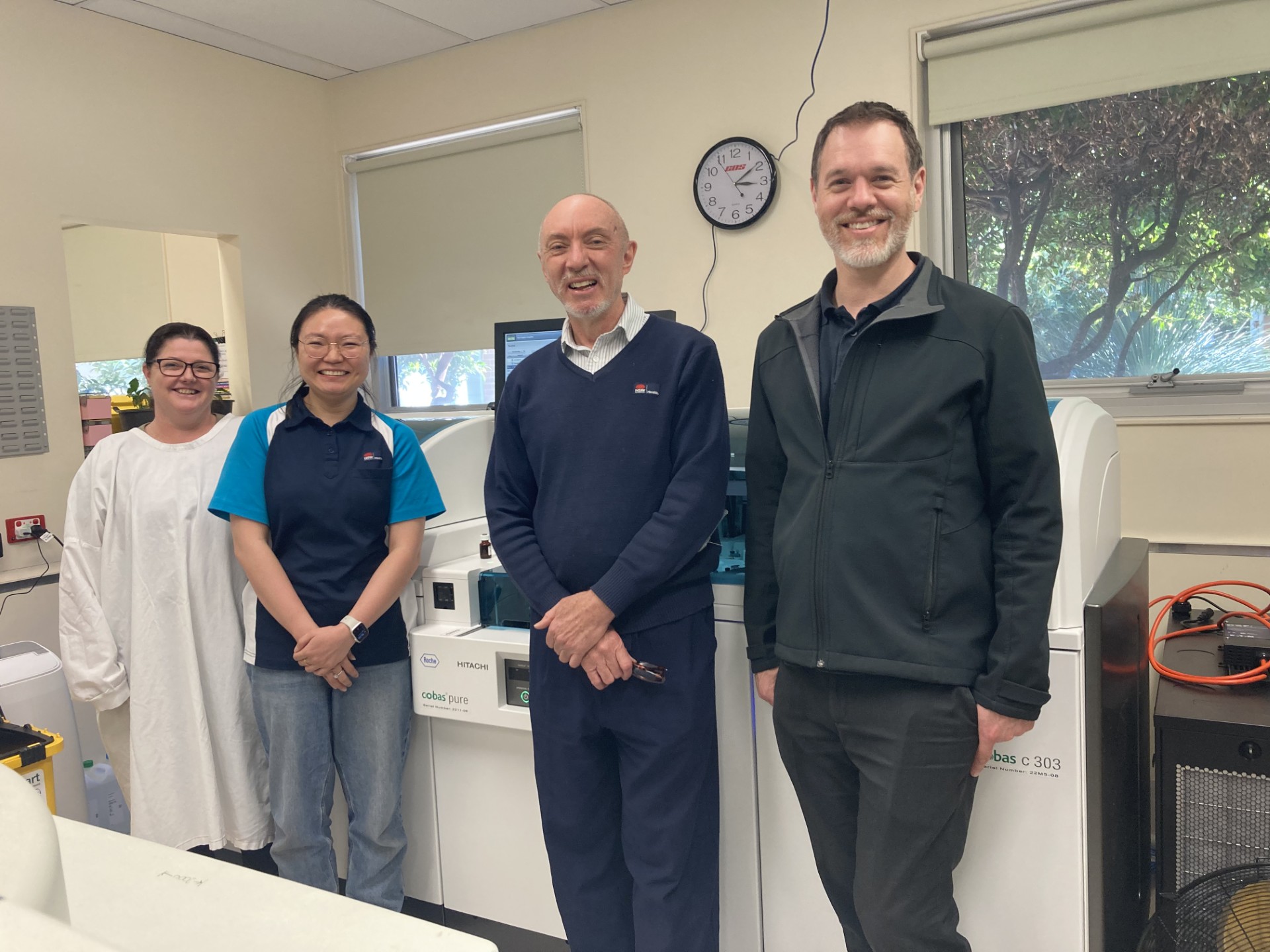
What is Chemical Pathology?
Chemical pathology underpins the care and management of many common conditions:
- High blood glucose levels can mean diabetes.
- Elevated troponin enzyme can indicate recent or current heart attack.
- Measuring proteins in cancer tumours can determine if treatments are working.
NSW Health Pathology’s chemical pathology teams help diagnose:
- infertility
- Cystic Fibrosis in newborns
- kidney failure
- high cholesterol
- viral and bacterial infection
- thyroid issues and more.
Chemical pathologists have complex clinical and laboratory skills needed to perform biochemical tests on human body fluids and tissues.
They examine blood, tissues and urine, and other body fluids such as cerebrospinal fluid.
Changes in enzymes, proteins, electrolytes and other substances in these fluids and tissues give clues they need to diagnose illness and recommend patient care and treatment.
(Top image: staff at Tumut Laboratory)

